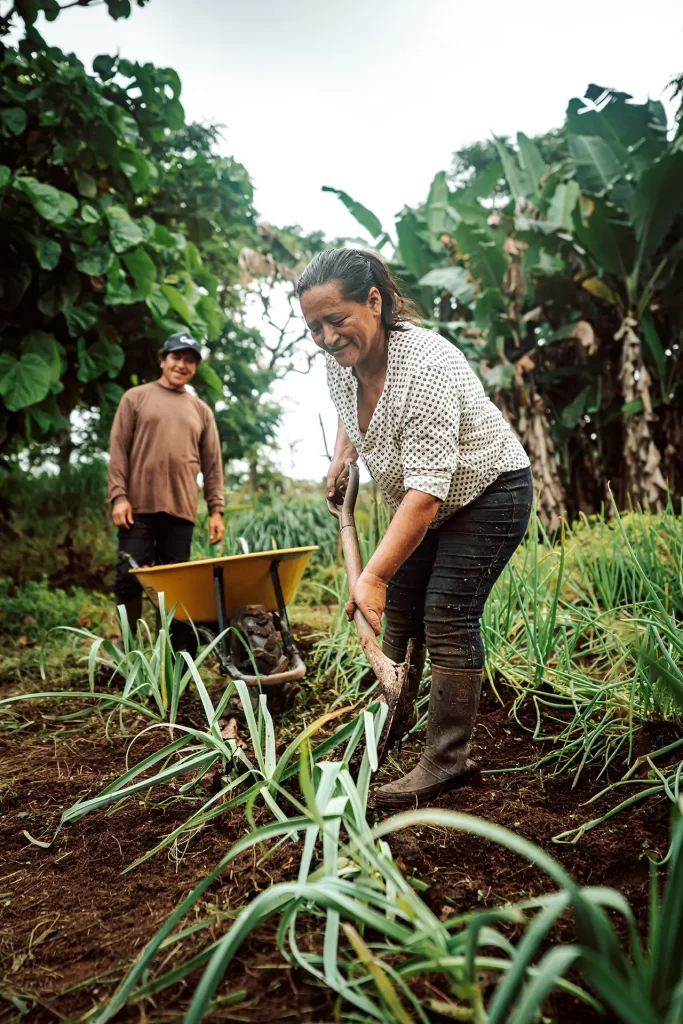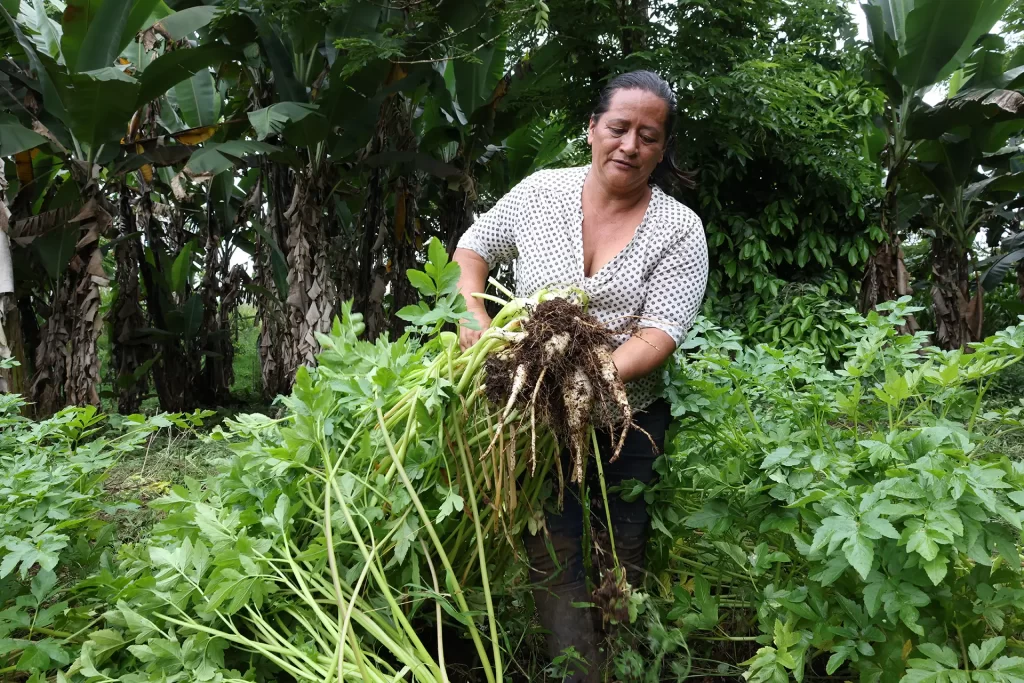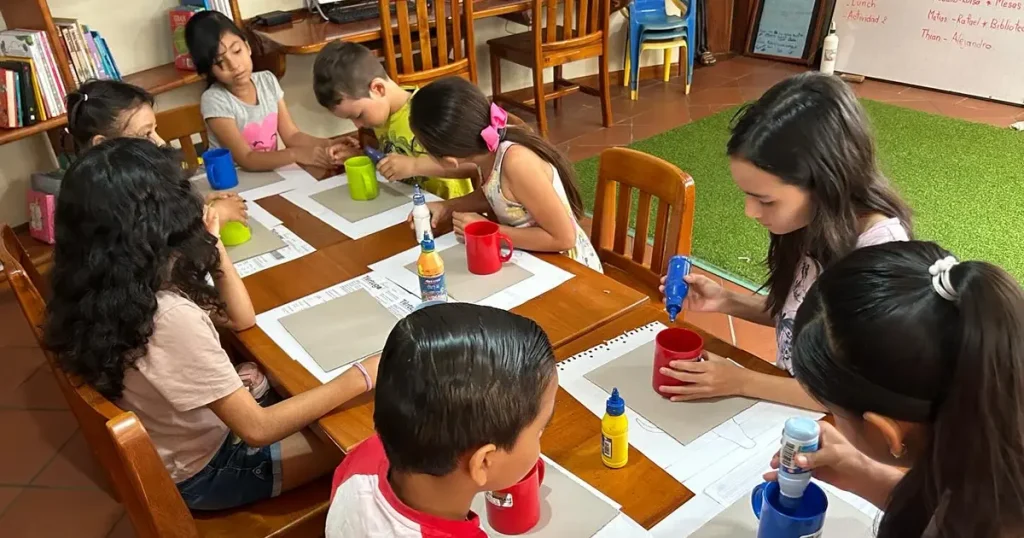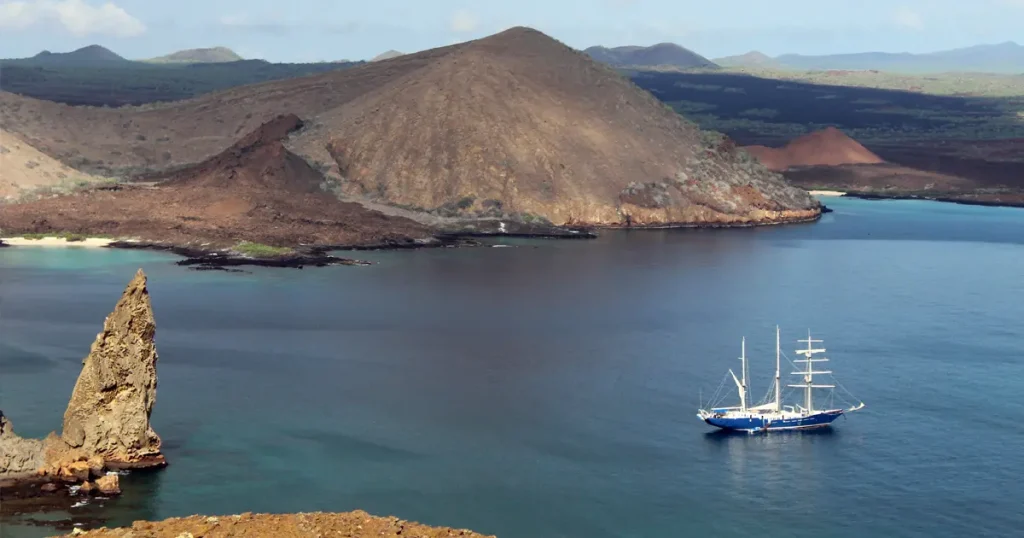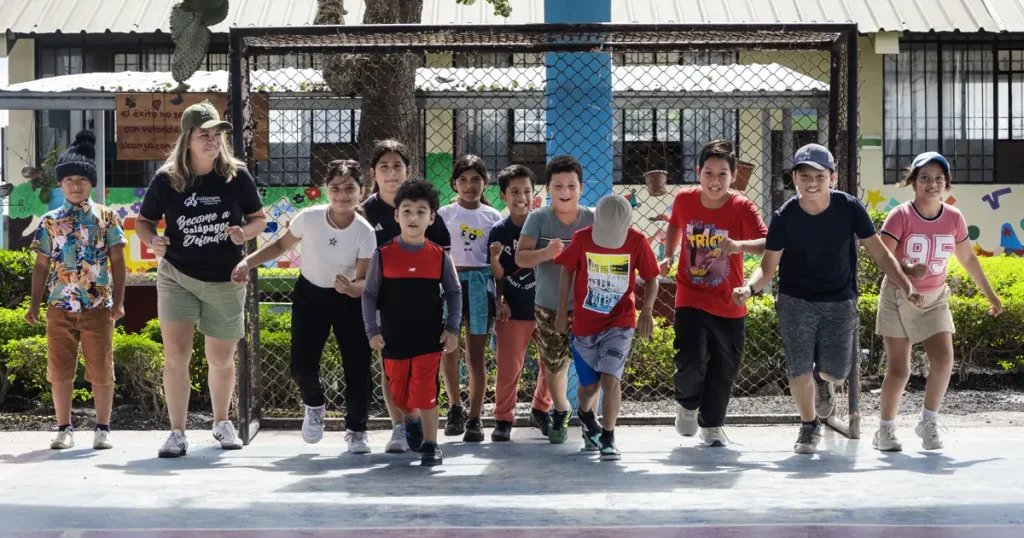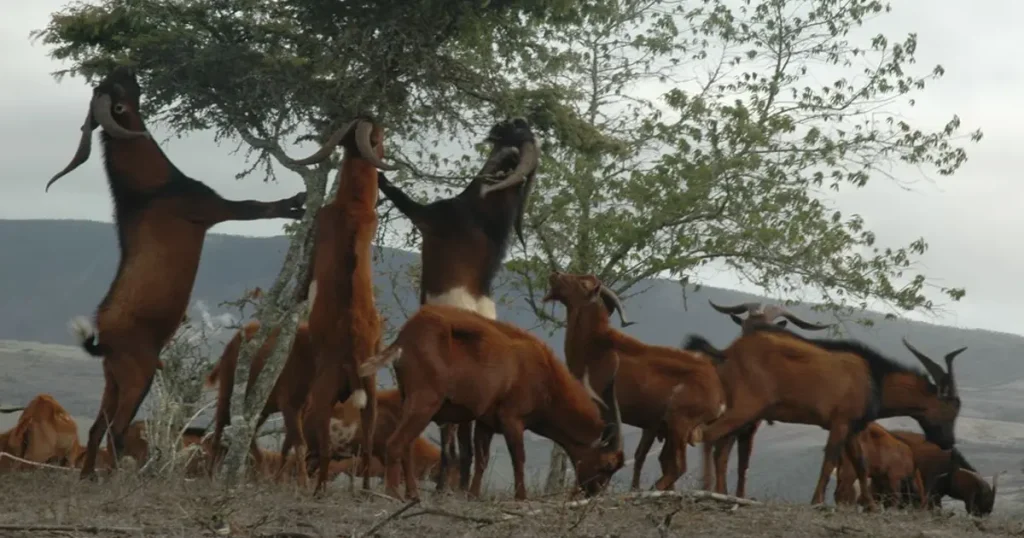The Transformative Impact of Local Agriculture in a Community
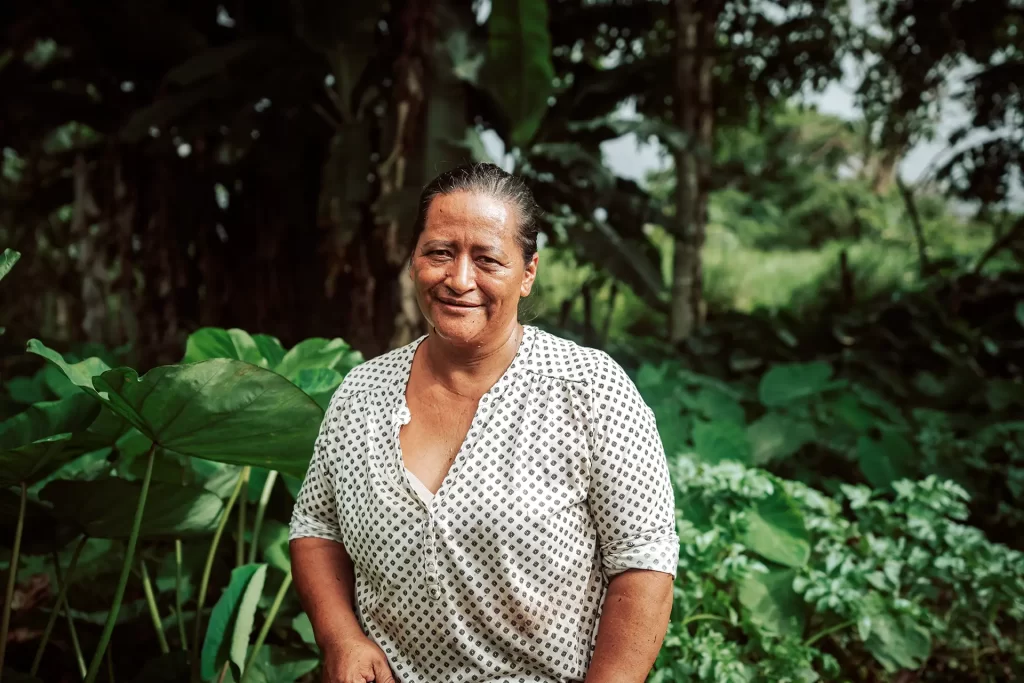
The COVID-19 pandemic taught us many important lessons, among them is the importance of self-sufficiency. Noemí Rea, an entrepreneur, is a great example of this trait, showing us how local agriculture in Galápagos can improve people’s quality of life and contribute to environmental conservation.
The Role of Local Agriculture during the Pandemic
In response to the pandemic, families like Noemí’s turned to agriculture to build their resilience. Isabela, the island where Noemí resides, is located far from urban amenities and poses several challenges to livelihood on the island. Nevertheless, Noemí and her family have discovered their strength through cultivating their land.
Our Conservation Action Grants program supports Noemí’s initiative, “Planting Life and Protecting Galápagos.” As part of her work, Noemí cultivates various healthy crops, including carrots, cilantro, tomatoes, onions, peppers, and other vegetables. These crops are then distributed to local stores, promoting the consumption of fresh, chemical-free produce, and safeguarding the health of Isabela’s residents, while also reducing reliance on imported food, lowering the risk of foodborne illnesses.
Noemí believes that local agriculture plays a crucial role in conserving Galápagos’ environment. She believes that importing products from the mainland can introduce pests and diseases that can be harmful to the region’s unique flora and fauna. “To mitigate the risk of introducing these pests and diseases, it is important to cultivate food locally,” as Noemí emphasized.
Supporting Local Sustainability
We are proud to support initiatives such as Noemí’s project, which revitalizes the local economy and empowers rural communities in Galápagos. Our support also strengthens local agricultural activities, ensuring a steady food supply and creating employment opportunities in the province.
Noemí’s project is an excellent example of how dedication and collaboration can significantly impact the conservation of a priceless natural treasure. With the generous donations of Galápagos advocates, our support ensures the continued protection of this unique ecosystem, securing a prosperous future for both Galápagos and its inhabitants.
